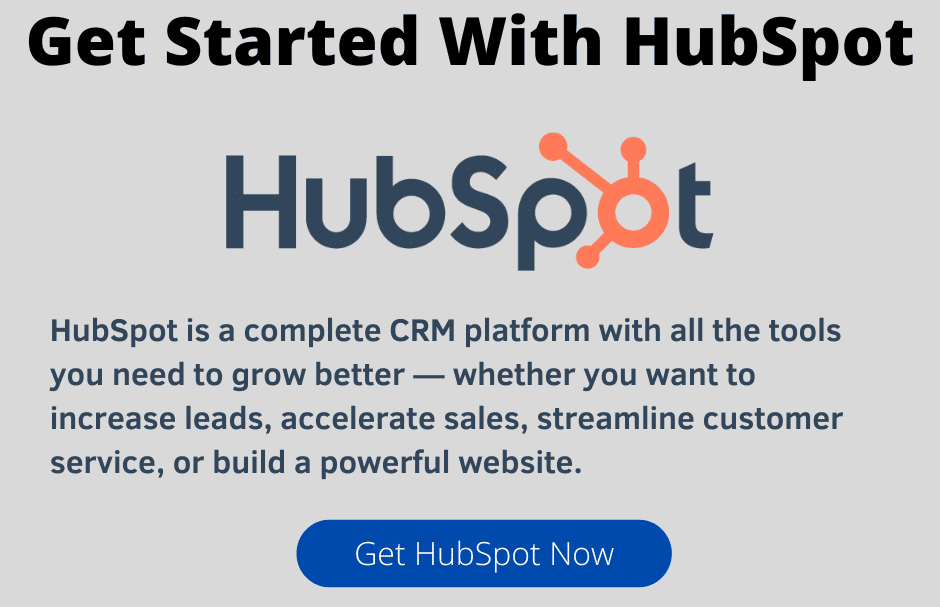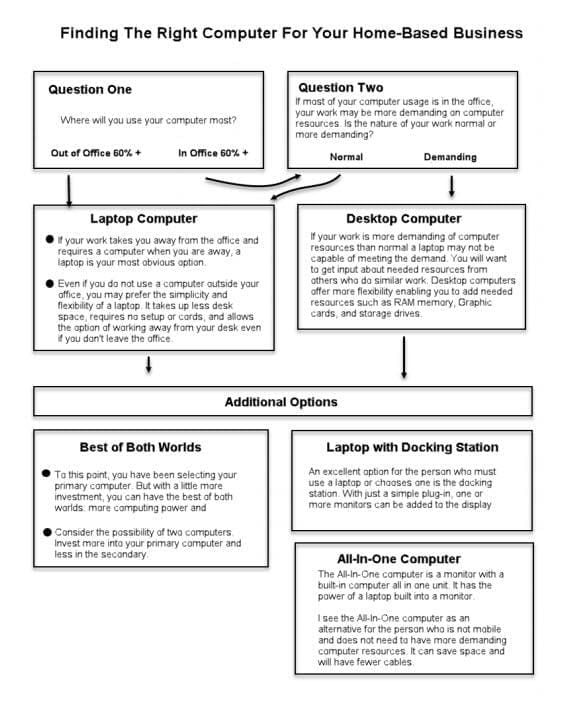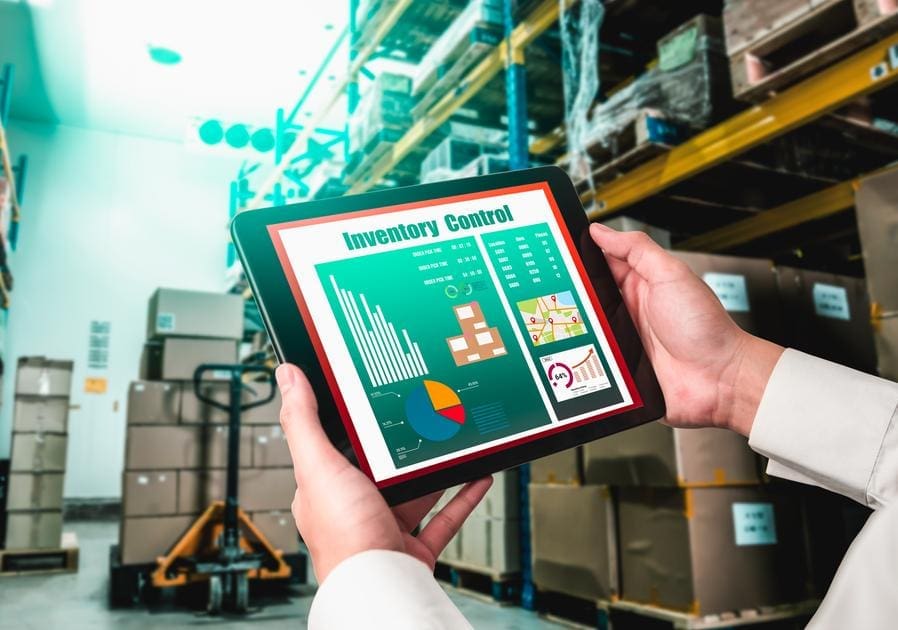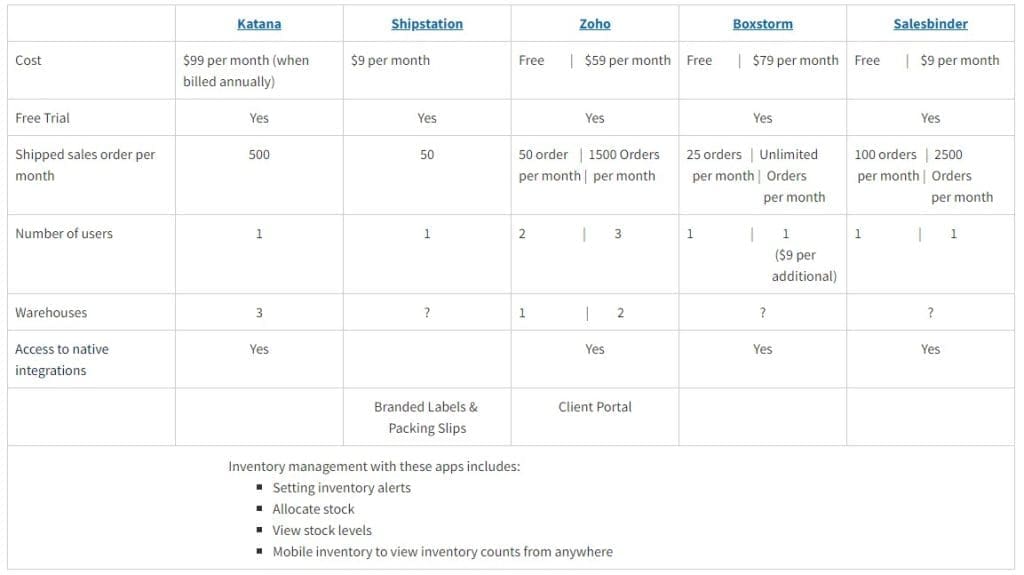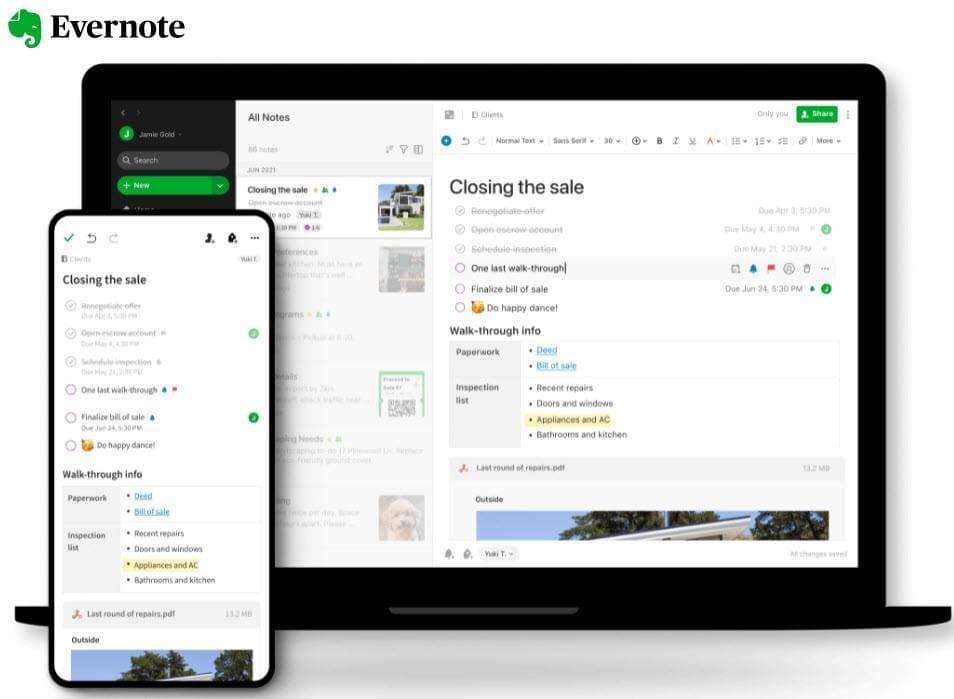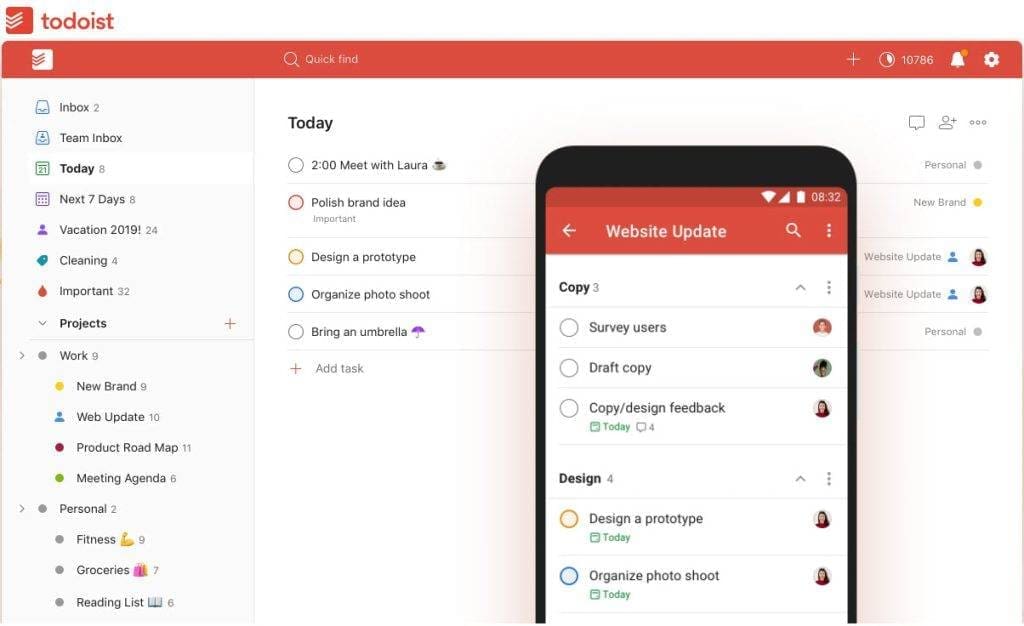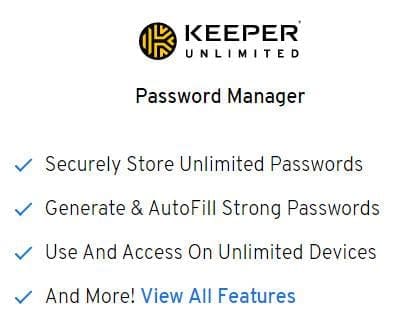
As a small business owner, you know that managing your data is one of the biggest challenges you face. With so much information coming in from different sources, it can be overwhelming to keep track of everything. And when you add in the need to store and access data securely, the task can quickly become daunting.
But fear not; there is a solution! By streamlining your data storage, you can turn chaos into organization and gain control over your data. In this article, we'll explore the benefits of a streamlined data storage system and provide some practical tips on implementing one for your small business.
Whether you're just starting out or have been in business for years, these tips will help you keep your data safe and organized, so you can focus on what really matters - growing your business. So let's get started!
The Importance of Data Organization
Data is at the heart of every business. Data drives decisions and helps businesses grow from customer information to financial records. However, data can quickly become overwhelming if it's not organized correctly. Without a streamlined data storage system, you risk losing important information or compromising your data's security. That's why it's essential to have a plan for organizing and managing your data.
Having a well-organized data storage system can provide several benefits for your business. First and foremost, it can help you save time. With a streamlined system, you can quickly and easily find the needed data, without wasting time searching through files or folders. This can help you be more productive and efficient, allowing you to focus on other essential tasks.
In addition to saving time, having a well-organized data storage system can also improve the accuracy of your data. When data is scattered across different systems and platforms, it's easy for errors to occur. By consolidating your data into a single system, you can reduce the risk of errors and ensure that your data is accurate and up-to-date.
Common Challenges of Data Storage for Small Businesses
While having a well-organized data storage system is essential, achieving it's not always easy. Small businesses often face several challenges when it comes to managing their data. One of the biggest challenges is simply keeping up with the volume of data that is generated daily.
As your business grows, so does the amount of data you generate. This can make it challenging to keep track of everything and ensure your data is organized and secure. In addition, small businesses often have limited resources, making investing in the tools and systems needed to manage their data effectively challenging.
Another common challenge of data storage for small businesses is balancing accessibility with security. On the one hand, you need to be able to access your data quickly and efficiently to make informed decisions. On the other hand, you need to ensure that your data is protected from unauthorized access or data breaches. Finding the right balance between accessibility and security can be challenging, but it's essential for the health and success of your business.
Evaluating Your Current Data Storage System
Before you can streamline your data storage system, evaluating your current system and identifying areas that need improvement is essential. Start by taking an inventory of all the data you currently have. This includes digital and physical data, such as paper files or hard drives.
Review your current data storage system once you have a complete data inventory. Is it easy to access and navigate? Are there any redundancies or inefficiencies? Is your data secure? These are just a few questions you should ask yourself as you evaluate your current system.
As you identify areas for improvement, start thinking about how to streamline your data storage system. This may involve consolidating your data into a single system, investing in cloud storage solutions, or implementing new security measures. The key is to find a system that works for your business and helps you stay organized and secure.
Streamlining Your Data Storage with Cloud Solutions
Investing in cloud solutions is one of the most effective ways to streamline your data storage system. Cloud storage allows you to store your data on remote servers, accessed from anywhere with an internet connection. This can provide several benefits for your business, including improved accessibility, scalability, and security.
With cloud storage, you can access your data from anywhere, at any time. This can be especially helpful if you have employees who work remotely or need to access data while on the go. In addition, cloud storage solutions are highly scalable, which means you can easily expand your storage capacity as your business grows.
Perhaps most importantly, cloud storage solutions are highly secure. Cloud providers use advanced security measures, such as encryption and multi-factor authentication, to protect your data from unauthorized access or data breaches. This can provide peace of mind and help ensure your data is safe and secure.
Another factor that has motivated my use of cloud storage is the physical security of my data. By this, I mean that my data is not at risk of natural disasters such as floods or fires that might threaten storage equipment when using physical storage solutions. Plus, I am not at risk of equipment failure, such as a crashed hard drive. Nor do I need to update my equipment periodically to ensure such failures do not occur.
Choosing the Right Cloud Storage Provider
When it comes to choosing a cloud storage provider, there are several factors to consider. First and foremost, you want to choose a provider that offers the features and capabilities you need. This may include things like automatic backups, file sharing, and collaboration tools.
I am also interested in the syncing method between cloud storage and my computer. Is it real-time or scheduled synchronization? While I prefer the real-time approach, my main concern is that the method be automatic. I don't want to have to think about updating files.
In addition to features, you also want to consider the security and reliability of the provider. Look for providers that offer robust security measures, such as encryption and multi-factor authentication. You also want to choose a provider that has a strong track record of reliability, with minimal downtime or service interruptions.
Finally, consider the cost of the provider. While cloud storage solutions can be very cost-effective, you want to ensure you get good value for your money. Look for providers that offer competitive pricing and flexible pricing plans that can grow with your business.
Best Practices for Organizing Data in the Cloud
Once you've chosen a cloud storage provider, following the best practices for organizing your data is essential. This will help you ensure your data is easy to find, accurate, and secure. Here are a few tips to get you started:
1. Use a consistent naming convention for files and folders. This will make it easy to find specific files or folders, even if they're located in different parts of your storage system.
2. Create a clear folder structure. Organize your files into folders based on categories or projects. This will make it easy to find the files you need, without searching through many files.
3. Use tags and labels. Many cloud storage providers allow you to add tags or labels to your files. This can make finding files easily based on keywords or other criteria.
4. Regularly clean up your data. Delete files that are no longer needed and archive older files that are still important but not frequently accessed.
Data Security Considerations
While cloud storage solutions are generally very secure, it's still important to take steps to protect your data. This includes implementing strong passwords, using multi-factor authentication, and limiting access to sensitive data.
In addition, it's essential to regularly monitor your data storage system for any signs of suspicious activity. This may include unusual login attempts or changes to your files or folders. By staying vigilant and taking proactive steps to protect your data, you can minimize the risk of a data breach and ensure the security of your business.
Monitoring and Maintaining Your Data Storage System
Finally, monitoring and maintaining your data storage system regularly is crucial. This includes checking for updates and patches, monitoring system performance, and backing up your data regularly.
Regular maintenance can help ensure that your data storage system is running smoothly and your data is secure. It can also help you identify and address any issues before they become significant problems.

Cloud Storage Recommendation
iDrive cloud backup service is a secure and reliable way to store critical data. All your data is encrypted, so you can rest assured that it remains safe. Its intuitive user interface makes it easy to use, allowing for easy setup and quick access to your files from any device connected to the web. By linking your devices with iDrive, your files and folders will be synchronized in real-time across all the devices without impacting your backup storage. You can also set up automatic backup schedules to ensure all your devices are backed up regularly. With iDrive, you will never worry about losing important data again.
Conclusion
Managing your data can be daunting, but with the right tools and systems in place, it doesn't have to be. By streamlining your data storage system and following best practices for organization and security, you can turn chaos into organization and gain control over your data. Whether you're just starting out or have been in business for years, these tips can help you keep your data safe and organized, so you can focus on what really matters - growing your business.
https://digitalchowder.com/streamlining-data-storage-for-small-business-from-chaos-to-order/



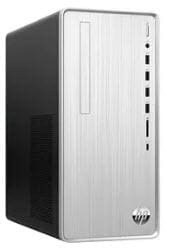


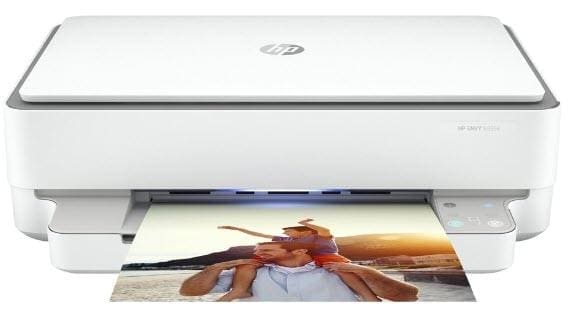
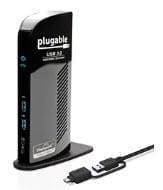


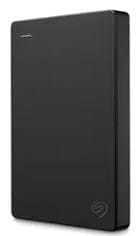




 - Being your own boss: You choose your hours, and you decide when to clock in and out.- Freedom to work anywhere: When you’re a freelancer, you can work from home, your local coffee shop, or even the beach.- Ability to choose your projects: Freelancing brings the option of choosing which projects interest you and which ones, well, don’t. You can work in the fields you enjoy and skip the ones you dislike.- Work with people you like: When you work in an office, you don’t get to choose your colleagues or your superiors; as a freelancer, you can dismiss the nasty clients and hold on to the ones who are a pleasure to work for.- A real sense of achievement: When you freelance, the amount you earn is directly connected to how much and how well you work; you won’t be wondering why you didn’t get a raise or feel that your manager got the credit for your hard work.
- Being your own boss: You choose your hours, and you decide when to clock in and out.- Freedom to work anywhere: When you’re a freelancer, you can work from home, your local coffee shop, or even the beach.- Ability to choose your projects: Freelancing brings the option of choosing which projects interest you and which ones, well, don’t. You can work in the fields you enjoy and skip the ones you dislike.- Work with people you like: When you work in an office, you don’t get to choose your colleagues or your superiors; as a freelancer, you can dismiss the nasty clients and hold on to the ones who are a pleasure to work for.- A real sense of achievement: When you freelance, the amount you earn is directly connected to how much and how well you work; you won’t be wondering why you didn’t get a raise or feel that your manager got the credit for your hard work. - An uncertain income that can vary from month to month- No paid vacation days, sick leaves, or benefits- You always have to be contactable by your clients- No job security; if work dries up, there’s no termination pay or option to sue for unfair dismissal- You have to meet tax obligations without any employer withholdings- Full responsibility for administrative tasks like accounting, invoicing, and chasing payments
- An uncertain income that can vary from month to month- No paid vacation days, sick leaves, or benefits- You always have to be contactable by your clients- No job security; if work dries up, there’s no termination pay or option to sue for unfair dismissal- You have to meet tax obligations without any employer withholdings- Full responsibility for administrative tasks like accounting, invoicing, and chasing payments



